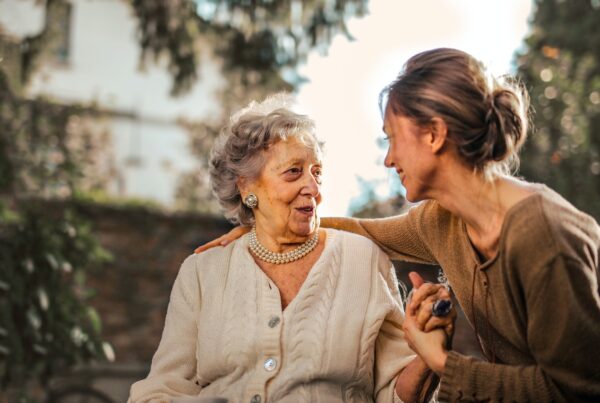The holiday season is here, providing an opportunity for families to come together, express gratitude, and commemorate the conclusion of one year while ushering in the beginning of another. For the elderly, the holiday season can also bring unwanted events such as the following:
- Seasonal Illnesses:
- The winter season is associated with an increase in respiratory illnesses such as influenza (flu) and the common cold.
- Elderly individuals are generally more susceptible to respiratory infections, and the colder weather can contribute to the spread of viruses.
- Stress and Loneliness:
- The holidays can be a stressful time for some people, and stress can weaken the immune system.
- Elderly individuals who may be isolated or experiencing loneliness during the holidays may be at a higher risk of mental health issues and, in turn, physical health challenges.
- Exacerbation of Pre-existing Health Conditions:
- Elderly individuals often have pre-existing health conditions that can exacerbate during the holiday season.
- Chronic conditions such as diabetes, heart disease, and respiratory disorders can be impacted by changes in routine, diet, and environmental factors.
- Travel and Exposure:
- Holiday gatherings and travel can expose individuals to a higher risk of infectious diseases.
- Elderly people may be more vulnerable to infections due to compromised immune systems, making them susceptible to illnesses contracted during holiday travels or family gathering.
If you or a loved one has found yourself in need of post-acute rehabilitation at the start of the holiday season, we understand you want nothing more than to be home with your family to gather with them for throughout the season. The goal of post-acute rehabilitation is to help individuals regain independence and functional abilities after a hospital stay, surgery, or serious illness. Some individuals may require shorter stays of just a few weeks for more focused rehabilitation, while others with more complex health issues or those requiring extensive therapy may stay for a longer duration.
Our Passport™ approach to better health will give you peace of mind this holiday season. It is a promise to deliver the best care and transition our guests safely throughout their healthcare journey, completed by our post-discharge transitional care program, Passport to Home.
How does it work:
- Upon admission to one of our post-acute centers, our interdisciplinary team will create a customized goals for you and start planning for your safe discharge home;
- Prior to discharge, our social workers will schedule a visit with our Passport to Home Nurse Practitioner which will take place within 48 hours of you arriving back home;
- During this virtual visit, the NP will ensure you have all you need to remain home safely. They will confirm that your home care services have begun, will perform a medication review and adjustments, can do remote vital monitoring and will even confirm that you have your follow-up with your personal physician scheduled.
If you or a loved one needs access to post-acute rehabilitation this holiday season, one of National Health Care Associates 34 affiliate centers is the right choice to safely get you where you need–and want–to be. Home for the holidays.




